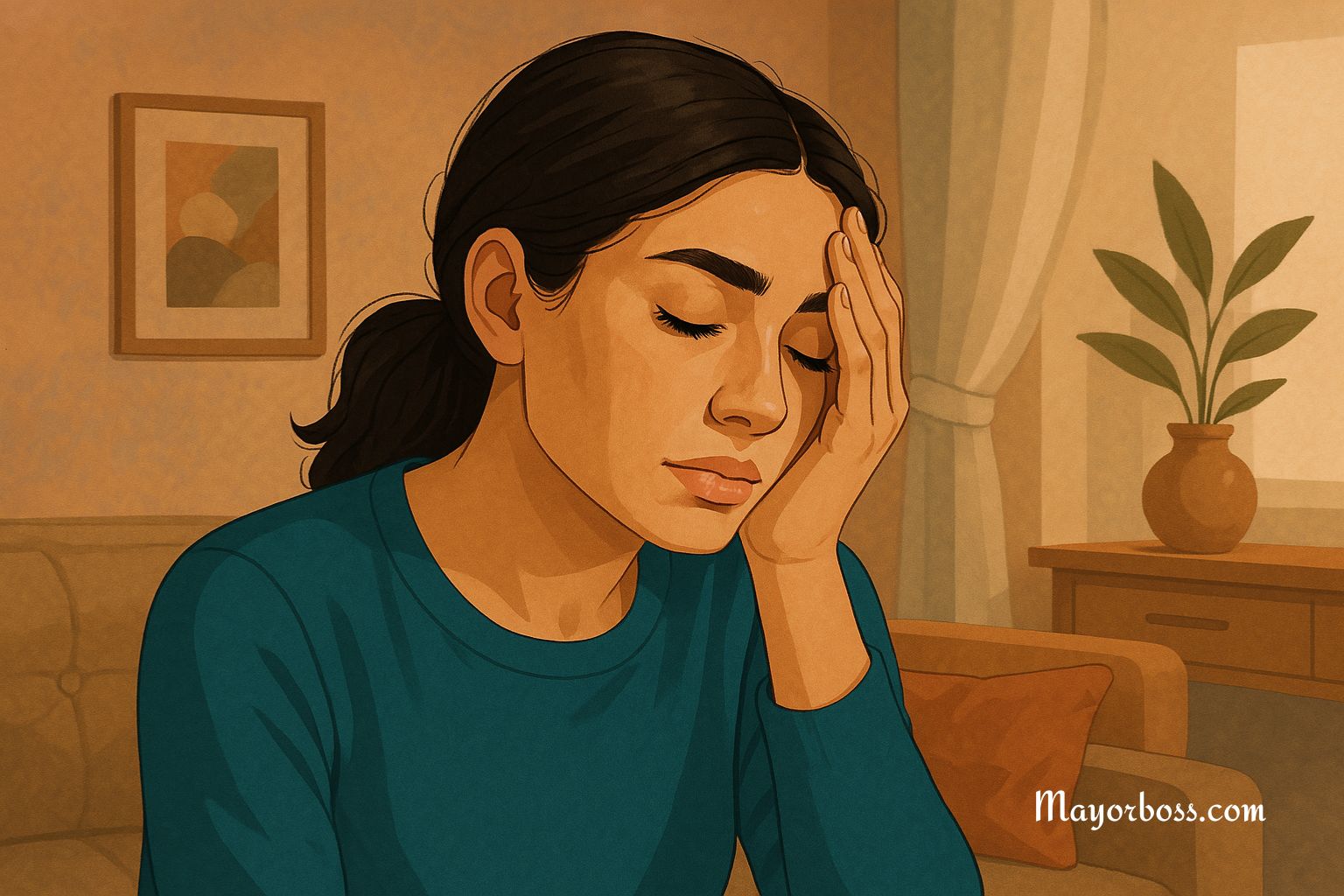Everyday Habits That Quietly Drain Your Energy
Feeling tired all the time is not just a sign of a busy life. Sometimes, small daily habits quietly chip away at your energy without you realizing it. These habits may seem harmless, but over time, they can leave you mentally and physically exhausted.
Let’s take a closer look at these energy-draining habits and how you can turn them around to feel more alert, focused, and refreshed.

Skipping Meals or Eating Poorly
When you skip meals, your body doesn’t get the fuel it needs. As a result, your blood sugar drops. This can make you feel tired, irritable, and foggy. The same happens when you rely on processed snacks or sugary foods. They cause a quick energy spike, followed by a sharp crash.
What to do instead:
Eat regular, balanced meals that include whole grains, lean protein, and healthy fats. Keep nutritious snacks nearby—like almonds, yogurt, or fruit—to prevent sudden hunger and fatigue.
Not Drinking Enough Water
Even mild dehydration can cause fatigue, lightheadedness, headaches, and difficulty concentrating. Be mindful of symptoms of dehydration, such as dark yellow, strong-smelling pee, infrequent urination, or feeling thirsty. Many people go through the day without drinking enough water. Coffee or tea may keep you going for a while, but they can’t replace the benefits of water.
What to do instead:
Start your day with a glass of water. Carry a reusable bottle and take small sips throughout the day. If you often forget to drink, set a reminder on your phone or keep a bottle in sight.
Sitting for Long Periods
Too much sitting slows your circulation and reduces oxygen flow to your muscles and brain. That can make you feel sluggish. It can also cause stiffness and discomfort, which makes it even harder to stay focused.
What to do instead:
Stand up and stretch every 30 to 60 minutes. Walk around your home or office. Try a standing desk if possible. Even a few minutes of movement helps boost your energy and alertness.
Saying Yes to Everything
Overcommitting can be draining. If you’re always trying to please others or take on too much, your body and mind will eventually feel overwhelmed. Constant stress reduces your ability to concentrate and zaps your motivation.
What to do instead:
Learn to say no when your plate is full. Protect your time and energy. It’s not selfish—it’s necessary for your health. Focus on tasks that align with your priorities and values.
Poor Sleep Habits
It’s easy to stay up late watching TV or scrolling through your phone. But going to bed too late or sleeping at inconsistent hours disrupts your body’s natural rhythm. You may wake up feeling groggy, even after eight hours of sleep.
What to do instead:
Aim for a consistent sleep schedule. Try to go to bed and wake up at the same time every day—even on weekends. As much as possible, avoid screens at least one hour before bed, and have a calming bedtime routine to help you unwind.
Neglecting Physical Activity
When you’re low on energy, exercise might be the last thing on your mind. But staying inactive can actually make you feel more tired. Research has found that regular movement boosts circulation, improves mood, and supports better sleep.
What to do instead:
You don’t need a long workout. Even a 15-minute walk can help you feel more awake. Stretch, dance, or do light yoga to get your blood flowing and your body moving.
Constant Multitasking
Trying to do everything at once might feel productive, but it drains your brain. Switching between tasks takes more energy than focusing on one thing at a time. Research suggests that multitasking can increase stress and reduce your ability to think clearly.
What to do instead:
Focus on one task until it’s done. Use a timer to work in short, focused bursts, followed by breaks. This method—often called the Pomodoro technique—can help you stay productive without feeling exhausted.
Negative Thinking
Your thoughts affect your energy more than you might think. Worrying too much, thinking the worst, or being hard on yourself can leave you mentally drained. It increases stress and prevents your mind from resting.
What to do instead:
Practice self-awareness. When you notice negative thoughts, pause and challenge them. Replace them with something realistic and kind. Journaling, deep breathing, or speaking with a trusted friend can help shift your mindset.
Relying on Caffeine Too Much
A cup of coffee can give a short-term boost, but too much caffeine throughout the day can backfire. It may interfere with your sleep, raise your heart rate, and leave you feeling jittery. Over time, it can make you more tired, not less.
What to do instead:
Limit caffeine to the morning hours. Try herbal teas or water in the afternoon. Pay attention to how caffeine affects your sleep, and adjust accordingly.
Final Thoughts
Feeling low on energy doesn’t always mean something is medically wrong. Often, it’s the result of daily habits that slowly wear you down. The good news is, once you recognize these habits, you can make small changes that have a big impact over time.
Start with one or two adjustments. As your energy returns, you’ll feel more in control, more focused, and better equipped to handle whatever your day brings.
